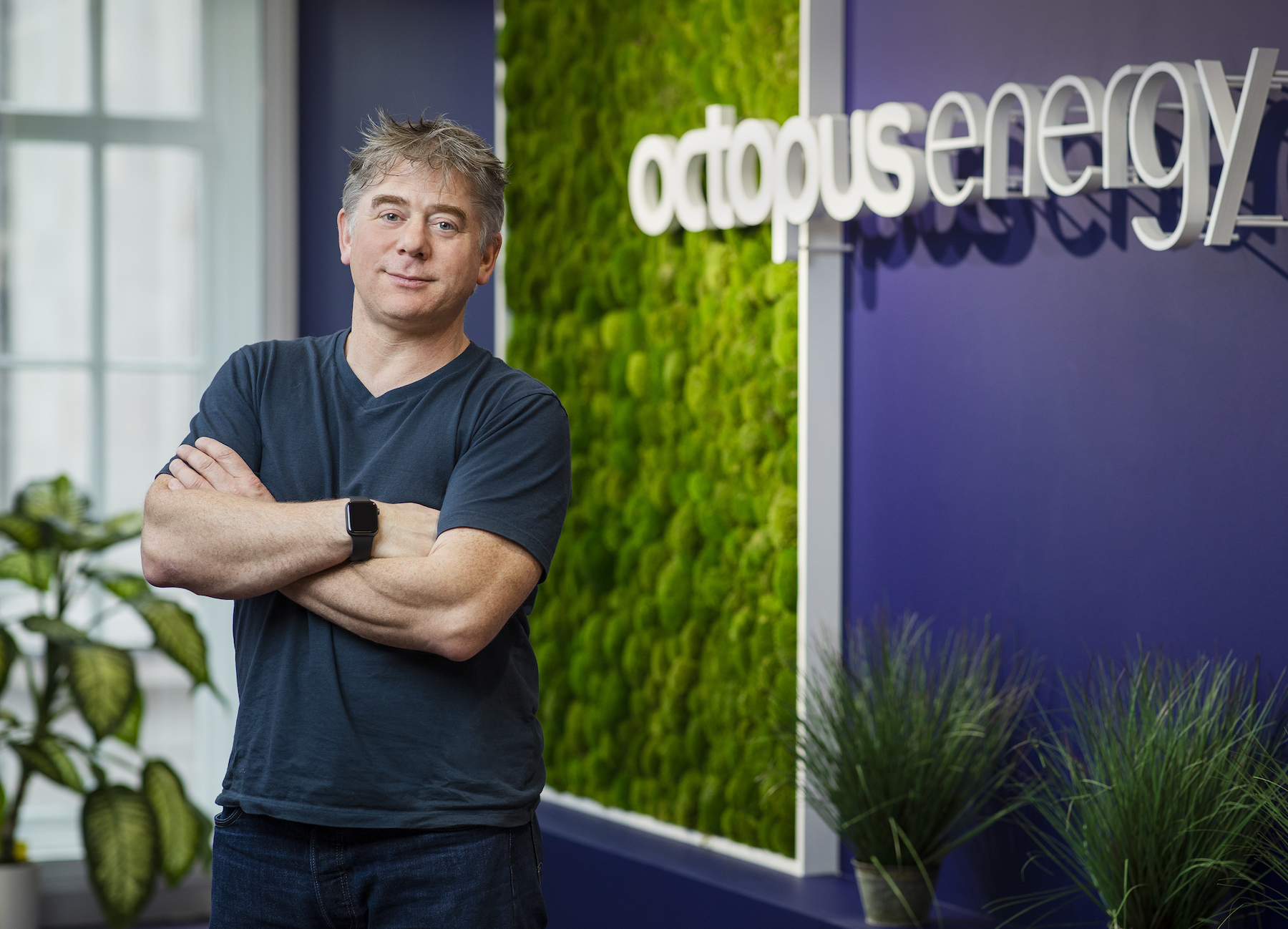Last updated on July 12, 2023
Greg Jackson, Founder & CEO of Octopus Energy Group, says regulation is holding back innovations in renewable energy. Read more in our ClimateTech 2023 report.
“We need fundamental reform of regulation across the entire energy space,” says Greg Jackson, founder and CEO of Octopus Energy Group.
When Greg sold his software business in the early 2010s, he started looking for a new industry that hadn’t been disrupted by technology. Energy stood out.
Today, Octopus Energy Group powers over five million UK homes and businesses with 100%-green electricity. It has operations in 14 countries and over 32 million accounts licensed worldwide to its green technology platform.
Still, Greg says regulation and power of incumbents in Europe is holding back innovation in the renewables space.
Energy Regulation Barriers
“If you want to deploy energy assets today, you’re stuck with a cloying regulatory and planning system. If you want to deploy digital technologies, you’re stuck with analogue grids,” Greg explains.
“It’s crazy that if you want to build a data centre, you can connect terabytes of data directly to the internet with virtually no barriers, but it can take you over a decade to get an electricity connection. Decentralisation allows for innovation – and we need regulators to learn from that.”
To impact regulation, Greg says founders working in renewable energy need to relentlessly demonstrate to consumers that their approach is the better approach.
“Simultaneously, we need dialogue with regulators to say that consumers are liking this and we need to make it possible at scale.”
Emerging From Crisis
Beyond supplying energy, Octopus Energy boasts 10 businesses working across four continents, tackling energy generation, services, research, manufacturing, and electric vehicles.
Technology that allows us to consumerise cheap renewables, he says, will deliver scaled businesses and accelerate decarbonisation.
“Uber didn’t need flying cars or autonomous vehicles; it just needed the tech to better connect supply and demand. That’s the most important thing we can do to help accelerate renewables.”
For now, the big opportunities to deploy capital in climate tech are at household level, away from tricky regulation and influence of incumbents. Investments in EVs, heat pumps, batteries, and construction tech are on the up.
Wholesale energy costs have fallen from their peak in 2022. The worst of the energy crisis, Greg says, is over. “Now, we need to see this as an opportunity and grab it.”
Download our ClimateTech 2023 report for insider insights from Europe’s top climate tech founders. Plus, discover the 23 European climate tech startups to watch!
 All Posts
All Posts


